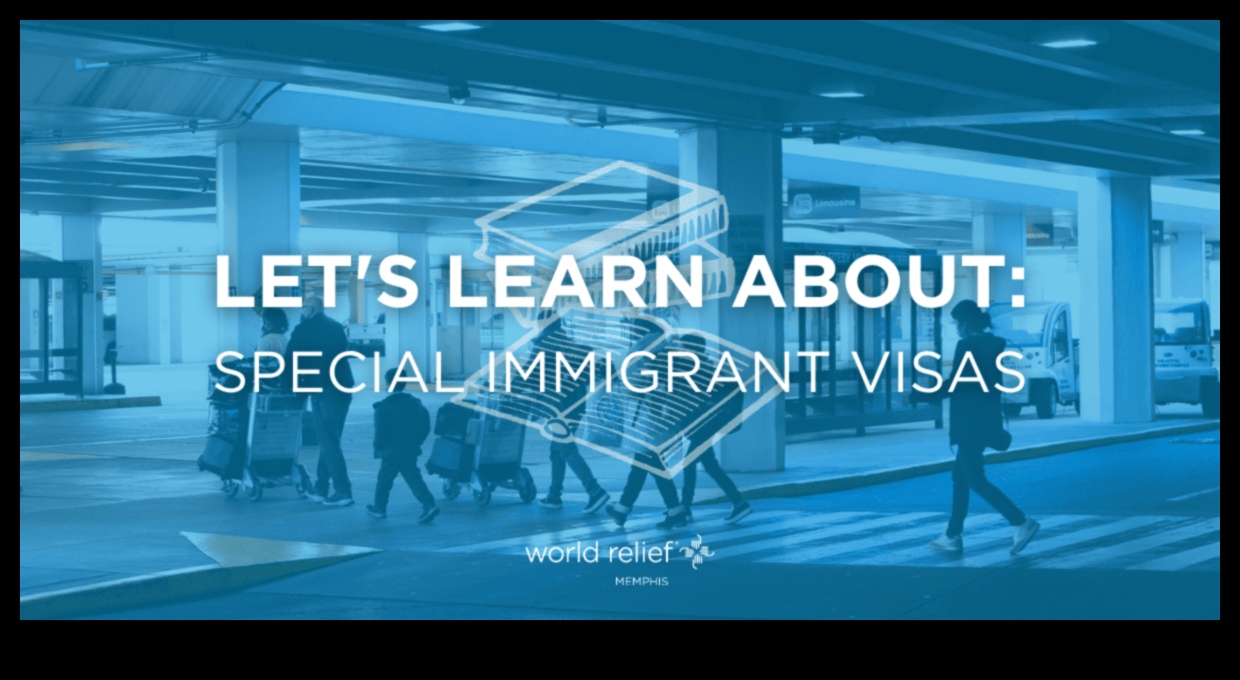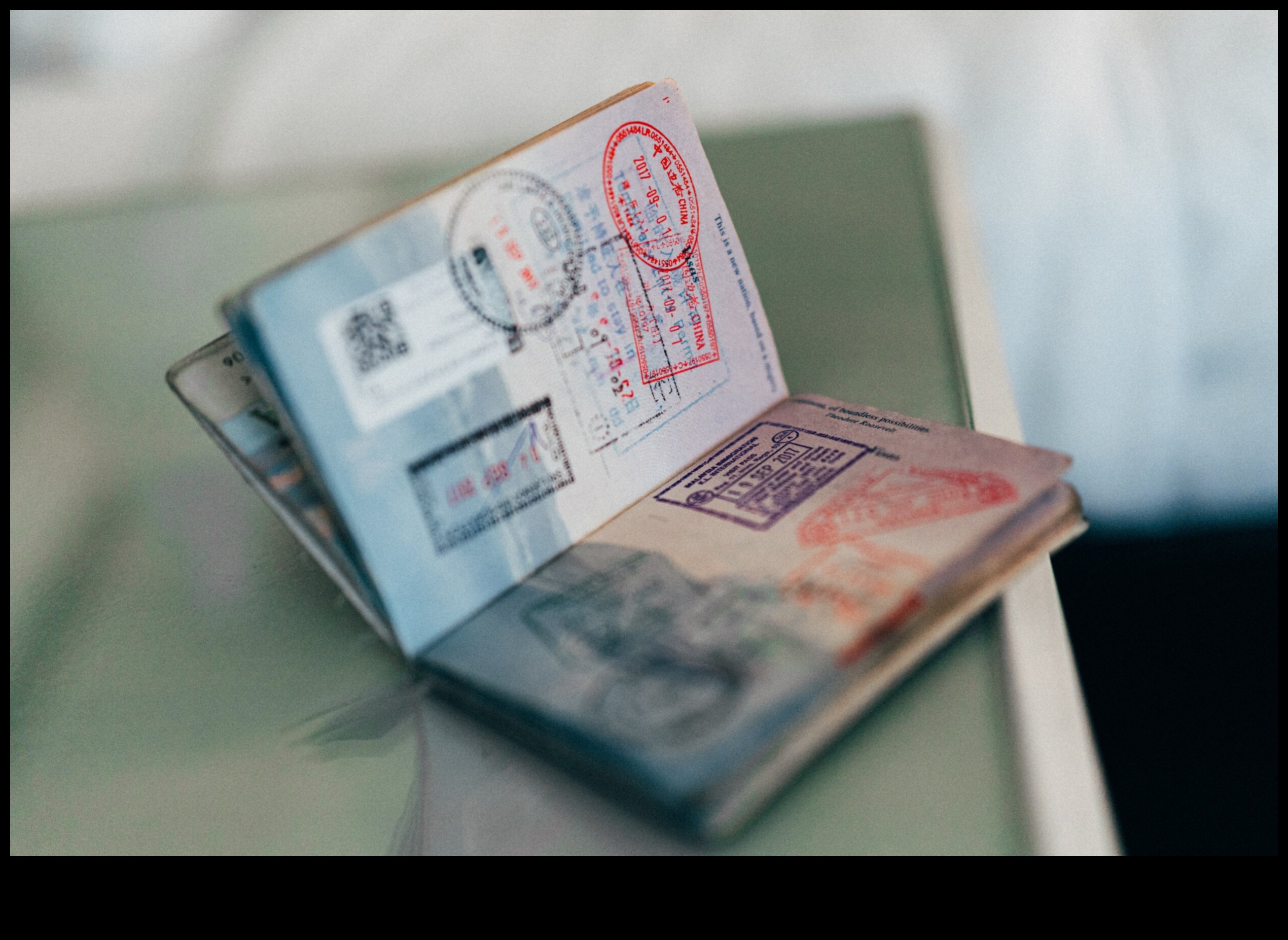
I. Introduction
II. Types of Special Immigrant Visas
III. Eligibility Requirements
IV. Application Process
V. Benefits of a Special Immigrant Visa
VI. Costs Associated with a Special Immigrant Visa
VII. How to Find a Lawyer
VIII. Frequently Asked Questions
IX. Conclusion
X. Resources
| Feature | Answer |
|---|---|
| What is a special immigrant visa? | A special immigrant visa (SIV) is a type of visa that allows certain foreign nationals who have worked in the United States for the U.S. government or a U.S.-based organization to immigrate to the United States. |
| Who is eligible for an SIV? | Eligibility for an SIV depends on the type of SIV you are applying for. Generally, you must have worked for the U.S. government or a U.S.-based organization for at least one year and have been physically present in the United States for at least one year. |
| What are the application requirements? | The application requirements for an SIV vary depending on the type of SIV you are applying for. However, generally, you will need to provide proof of your employment with the U.S. government or a U.S.-based organization, proof of your physical presence in the United States, and a valid passport. |
| How long does it take to get an SIV? | The processing time for an SIV can vary depending on the type of SIV you are applying for. However, generally, it can take anywhere from a few months to a few years. |
| What are the benefits of obtaining an SIV? | Obtaining an SIV can provide you with a number of benefits, including the ability to live and work in the United States permanently, the ability to apply for a green card, and the ability to bring your family members to the United States. |

II. Types of Special Immigrant Visas
There are five types of special immigrant visas (SIVs):
SIV-1: This visa is for employees of the U.S. government or its contractors who have been subjected to persecution or threats of persecution in their home country due to their work for the U.S. government.
SIV-2: This visa is for employees of international organizations that have been accredited to the U.S. government and who have been subjected to persecution or threats of persecution in their home country due to their work for the international organization.
SIV-3: This visa is for spouses and children of SIV-1 and SIV-2 beneficiaries.
SIV-4: This visa is for certain Afghan or Iraqi nationals who have worked for the U.S. government or its contractors in Afghanistan or Iraq and who have been subjected to persecution or threats of persecution in their home country due to their work.
SIV-5: This visa is for certain Afghan or Iraqi nationals who have assisted the U.S. Armed Forces or the Coalition Forces in Afghanistan or Iraq and who have been subjected to persecution or threats of persecution in their home country due to their assistance.
III. Eligibility Requirements
The eligibility requirements for a special immigrant visa vary depending on the type of visa you are applying for. However, some general requirements include:
- You must be a foreign national
- You must have been physically present in the United States for at least one year
- You must have been continuously employed by or on behalf of the U.S. government for at least one year
- You must have a job offer from a U.S. employer
- You must be able to demonstrate that you will suffer persecution if you return to your home country
For more information on the eligibility requirements for a specific type of special immigrant visa, please visit the U.S. Citizenship and Immigration Services website.

IV. Benefits of a Special Immigrant Visa
There are many benefits to obtaining a special immigrant visa (SIV). These benefits include:
The ability to live and work in the United States permanently. SIV holders are eligible to apply for a green card after three years of continuous residence in the United States.
The ability to bring family members to the United States. SIV holders are eligible to bring their spouse and children under the age of 21 to the United States.
The ability to travel freely to and from the United States. SIV holders are eligible to travel to and from the United States without restriction.
The ability to access government benefits and services. SIV holders are eligible to access the same government benefits and services as U.S. citizens, including healthcare, education, and social security.
The ability to contribute to the United States economy. SIV holders are eligible to work in any job in the United States and are able to contribute to the U.S. economy.

Benefits of a Special Immigrant Visa
A Special Immigrant Visa (SIV) can offer a number of benefits to eligible applicants, including:
A path to permanent residency and citizenship in the United States. SIV holders are eligible to apply for a green card after three years of continuous residence in the United States. After five years of permanent residency, they are eligible to apply for citizenship.
A faster processing time than other immigrant visas. SIV applications are processed on a priority basis, which means that they are typically processed more quickly than other immigrant visa applications.
A greater chance of approval than other immigrant visas. SIV applications are approved at a higher rate than other immigrant visa applications. This is because SIV applicants are required to demonstrate that they have been persecuted or threatened with persecution on account of their work for the U.S. government or a U.S.-affiliated organization.
Access to certain benefits and services that are not available to other immigrants. SIV holders are eligible for a number of benefits and services that are not available to other immigrants, such as access to public benefits, federal student loans, and employment-based green cards.

What is a Special Immigrant Visa?
A Special Immigrant Visa (SIV) is a non-immigrant visa that allows certain foreign nationals who have worked in the United States for the U.S. government or for a U.S.-based organization to obtain a green card.
SIVs are available to:
- Former employees of the U.S. government
- Former employees of U.S.-based organizations that have been designated by the Secretary of State as having provided substantial assistance to the U.S. government
- Spouses and children of SIV applicants
SIVs are valid for 10 years and can be renewed indefinitely. SIV holders are eligible to apply for a green card after three years of continuous residence in the United States.
To apply for an SIV, you must submit a Form I-589, Application for Asylum and Withholding of Removal, to the U.S. Citizenship and Immigration Services (USCIS). You must also provide evidence of your employment with the U.S. government or a U.S.-based organization, and evidence of your assistance to the U.S. government.
The SIV application process can take several months or even years. If you are approved for an SIV, you will be issued a green card and will be able to live and work permanently in the United States.
VII. How to Find a Lawyer
If you are considering applying for a special immigrant visa, it is important to find a qualified immigration lawyer to help you with the process. A lawyer can help you understand the eligibility requirements, the application process, and the costs associated with obtaining an SIV. They can also represent you in front of the United States Citizenship and Immigration Services (USCIS) if your application is denied.
When choosing a lawyer, it is important to find someone who is experienced in handling SIV cases. You should also make sure that the lawyer is familiar with the specific type of SIV that you are applying for.
You can find a list of qualified immigration lawyers on the website of the American Immigration Lawyers Association (AILA). You can also ask for referrals from friends or family who have used an immigration lawyer in the past.
Once you have found a few potential lawyers, you should schedule a consultation to discuss your case. During the consultation, you should ask the lawyer about their experience with SIV cases, their fees, and their availability. You should also make sure that you feel comfortable with the lawyer and that you trust them to represent you in your case.
Frequently Asked Questions
Here are some frequently asked questions about special immigrant visas (SIVs):
-
What is a special immigrant visa?
-
Who is eligible for an SIV?
-
What are the application requirements?
-
How long does it take to get an SIV?
-
What are the benefits of obtaining an SIV?
For more information on special immigrant visas, please visit the U.S. Citizenship and Immigration Services website.
IX. Conclusion
Special immigrant visas are a valuable tool for helping individuals who have made significant contributions to the United States to remain in the country. By understanding the different types of SIVs and the eligibility requirements, you can take steps to apply for one if you are eligible.
If you have any questions about special immigrant visas, please consult with an immigration attorney.
Frequently Asked Questions
Q: What are the different types of SIVs?
A: There are three types of SIVs:
- SIV-1: For employees of the U.S. government or its contractors who are at risk of persecution due to their work.
- SIV-2: For employees of certain non-governmental organizations (NGOs) that are at risk of persecution due to their work.
- SIV-3: For certain family members of SIV-1 and SIV-2 beneficiaries.
Q: Who is eligible for an SIV?
A: To be eligible for an SIV, you must meet the following requirements:
- You must be a foreign national.
- You must have been employed by the U.S. government or its contractors or by a certain NGO for at least one year.
- You must be at risk of persecution due to your work.
Q: How long does it take to get an SIV?
A: The processing time for an SIV can vary, but it typically takes between six months and one year.